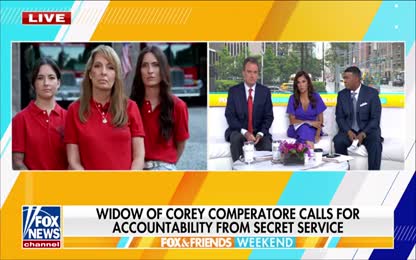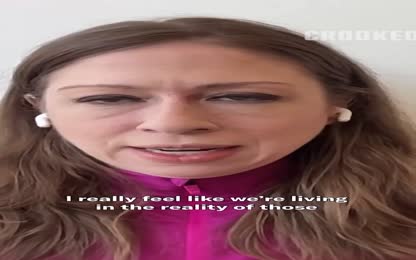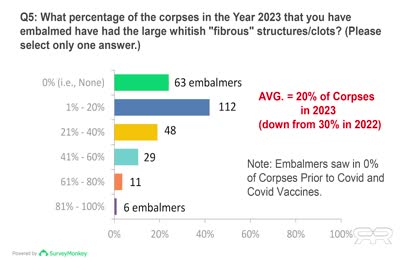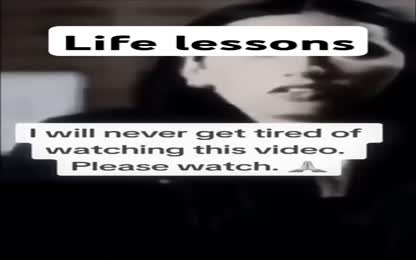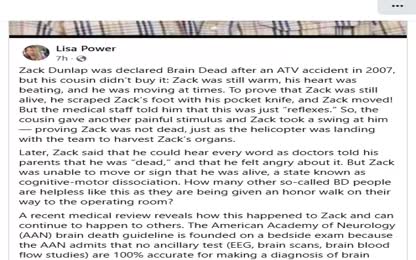Advertisement
Zach Bush MD on death, closure and life
Zach Bush MD on death and life
- Category: Uncategorized,Explain / Clarify,Truthers/Truth Community,Treatment / Healing
- Duration: 09:16
- Date: 2019-01-19 23:04:03
- Tags: no-tag
3 Comments
Video Transcript:
So let me take you back to kind of where, how do you reconcile those two things? And I do it actually from my experiences of position in the ICUs. And in the ICUs when I was practicing intensive hospital medicine, I got the privilege of being around human beings at the end of life. And I was so compelled by this experience that I ended up getting another subspecialty in hospice and palliative care and dealing with end of life things for four years with a hospice group. And at the end of life, we've termed it death. And what I've laid out for you today is the possibility of the death of our species in 70 years, 100 years, who cares? It was 200 years is still pathetic. And so we're looking at the last chapter of life on Earth with our current course of action. But let me tell you about what my experience has been in those last moments with patients who are dying. We have the belief, I think, in our subconscious because of the movies we watch, because of the TV shows we watch, because of our big divorce from the death process. It's become sterilized. You have probably not seen many people die. You've probably not seen your loved ones die. They've probably died in operating rooms or in ICUs or the died before you could fly across the country and see them. And so very few human beings are now watching this process of death. And it's allowed death to be defined as an endpoint, as a contraction or a disappearance rather than what I've actually seen it to be. And what I've seen it to be is a massive expansion of consciousness, of reality, of awareness, and ultimately of love. And the most poignant examples of this are people that actually die biologically and we spend 15 or 30 minutes in a nice U resuscitating them with drugs and shocking their chest like you see on TV shows and everything else. And we have a dismal track record of pulling those people to act. It's not like TV. We lose the vast majority. It's around 6% of cardiac arrest in the hospital will actually be resuscitated. 6% will survive. 94% will die. So you have somebody who's now biologically dead in your artificially sustaining life. You've got them on a respirator and you're pounding on their chest and compressing, pumping drugs in their vein to try to get their heart restarted and doing all of this. And they've, meanwhile, been in the ICU for a week or a few days or weeks and months in some cases before they have this moment. And by this time they've been isolated away from humans for quite some time. They're only touched by latex glove hands. Only people with gowns on will come and see them. That masks on. They haven't seen a human face close up in months. You know, they're just so isolated and lonely. And they go into this moment on the other side. And then we start working on them and doing our code. And as the hero depicted on TV, you become that doctor that pulls somebody back from that other side of the veil. And it was startling as, you know, I move past my internship and started to be kind of senior resident in these environments and really responsible for being around these patients for hours after these experiences. They all told such a similar story on the other side of biological life. And I had to deal with a little bit of a typical story that you might see in the movies or something where they saw white light and there was a sense of expansion and all this. But there was one sentence that came back again and again. And I had one ICU shift that was very weird. I had one ICU shift where I'd work for 36 hours shift. And during that night and middle of my 36 hours shift, I see three people die and I bring them all back with my team. And to the last one of those three, every single one of them, their first sentence was always, why did you bring me back? Which always kind of deflated my way in. All of them said that. Yeah. They all said, why did you bring me back? And the variety was huge. One of these was an African American pastor had had over 200 visitors in his ICU room in the days before he passed away. And the other one was very isolated kind of ostracized gentleman in his communities. He was dying of complications of AIDS. And then I had this kid who had genetic defects and all this stuff and he was dying of complications in pneumonia because he couldn't breathe anymore because his skeleton had collapsed. He just couldn't pick three different medical cases or three different human beings. And every one of them, first sentence, why did you bring me back? And then as they start to get oriented and in the hours that follow, they are telling their loved ones, I went into this space and it was bright, white light everywhere. And I in that moment felt completely accepted for the first time in my life. And that was an unexpected sentence to hear out of multiple accounts. I felt completely accepted for the first time in my life. So what do you make of that? I think we're all walking around lonely as hell. And our opportunity to rebirth because death is not an endpoint. It's an transformation moment. It's an expansion beyond the limits of this frail, biological shell that we carry around. And the instant that we step out of that, we find out that the universe embraces us in every single second of our existence and complete acceptance of who we are. We are enough in and of our own identity of I am at every second of every point of our existence. And it's the disbelief of that that's keeping us locked in these stupid conversations we just had for last hour and a half. That is myopic conversation in and of itself. When you back up for a moment say, okay, we're killing ourselves. But what if we need a death moment to transform completely, to let go of all of the preconceived notions of what it is to be human and to say, you know, what we are beings of light and we are completely accepted at every moment, including this moment when we would rape the earth of what we're raping at when we would kill each other at the rate we do when we would destroy the entire ecosystem of a green planet in the middle of black space when we would have that level of hubris, we're still completely accepted. And our journey is somehow understood by something more benevolent and more complete than we can see as human beings. So let's not beat each other up over this issue. Let's not see this as a failure. Let's see this as an obvious next step in our journey. And death is the inevitable thing marching at us that's going to say, are you going to wake up and see the transformation at that moment of death and transformation and you're going to say goodbye, homo sapiens, or you're going to do it a moment before that. In the body, before the doctor starts the resuscitation, are you going to say, you know what, what if we all looked at each other in wonder and awe and said, you're enough, I accept you completely. I want to be with you. I want to live with you. I want to be a live period. And if it's with you, then it must be on purpose because we're in the same room. And the odds of that is zero. And so we are here. Seven billion of us showed up right now, which is really odd because I just laid out a horrific story of what's happening on the planet. And yet seven billion of those white souls that seconds after death are going to realize that they are who they've always been. They're fully accepted. And they are moving in true love. And that white light is the love. And they're in that space. What if we can transform before we die? Then there's no reason to go to Mars. There's no reason to go anywhere else because we will do absolutely every single thing differently here on Earth. We're going to do it differently by just that simple recognition of I am who I am, you are who you are. That's enough. And I accept you completely. And let's figure out how to do this within the design of nature. There's enough energy. There's enough food. There's enough soil. There's enough commodities. There's enough resources for everybody on the planet to thrive at a level that's never been experienced in human history. We cannot continue any form of human economic systems that have ever existed before and expect us to escape the death moment. We literally have to reinvent everything. And so if you are under the age of 18 right now, you are the last generation that may live to the fullest extent of the human potential. It is you who are being called to transform because you showed up right when you did. If my generation is to do anything, it was to say, oh my gosh, we're going in the wrong direction. But my generation doesn't have enough time now to turn the boat around, reinvent everything. And so our mission is not to inspire the farmers that are currently fighting the good fight. It's to inspire their children to do the right thing and do it differently, connected to new children who are in the cities, who are in the tech world, whoever wherever they are, connect those kids back, give them a sense of that unity, give them a sense of the oneness, and give us all a sense that this is the inescapable optimism as we are going to transform, period. And it may be either to the point of our death or miraculously, it might just happen right before it.
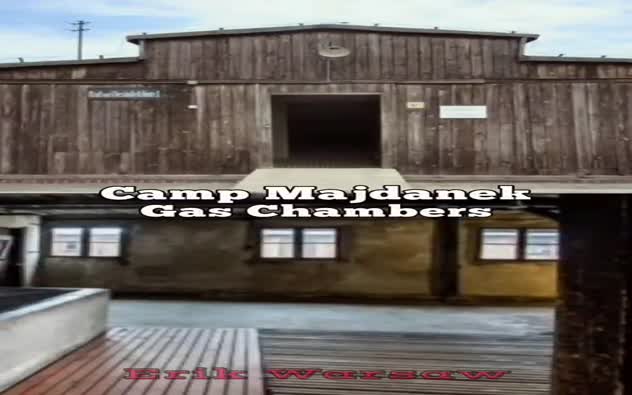









 Donate
Donate